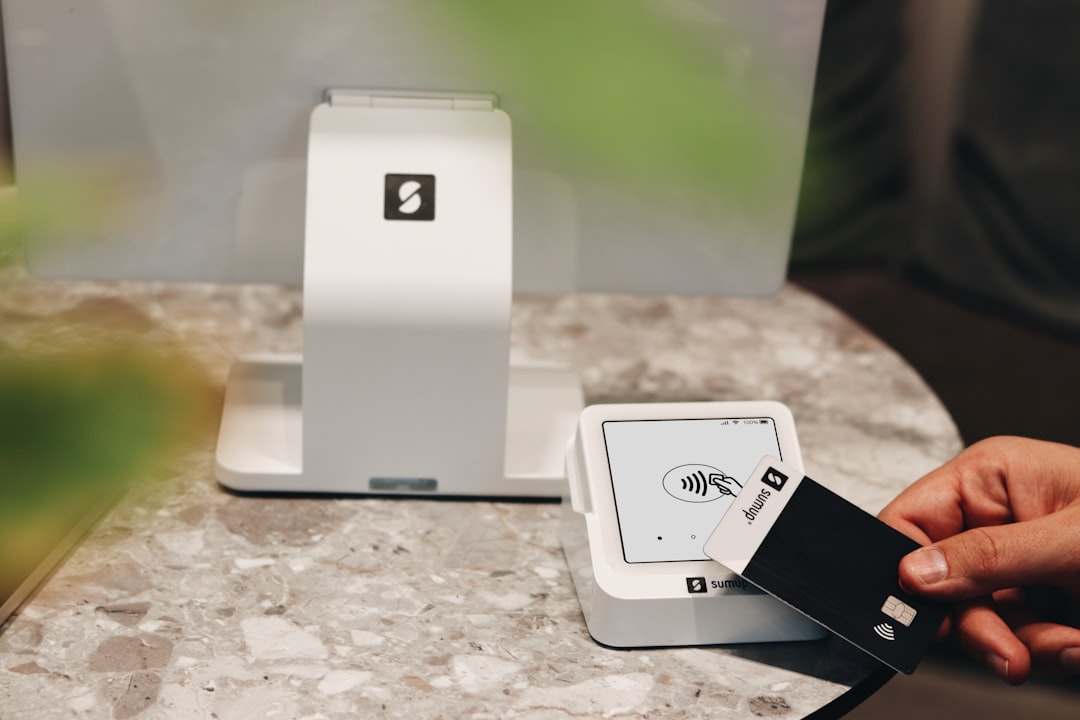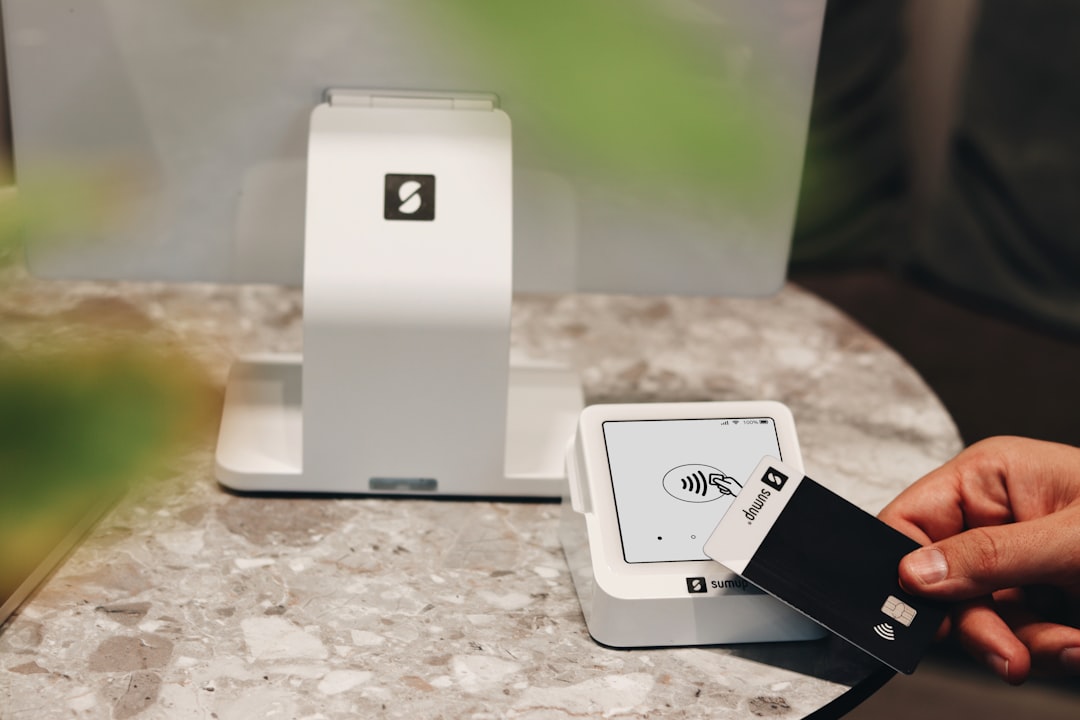1116111111101113111111111249111111111115111111111111111111111111111361111111011111111111111261111111113411111111111111011111111111111101111111111111111111111111111111
“Watervliet is at the forefront of a revolutionary shift in consent verification, leveraging blockchain technology to transform legal processes. This innovative approach aims to streamline and secure data exchange, particularly relevant in the context of No Call Lawyers New York, where traditional methods often fall short.
The article explores Watervliet’s vision, the potential of blockchain, its impact on legal practices, and the challenges it faces. By delving into these aspects, we uncover how blockchain could become the game-changer for consent verification, enhancing transparency and efficiency.”
Understanding Watervliet's Vision: A New Approach to Consent Verification

At Watervliet, we envision a paradigm shift in consent verification, leveraging blockchain technology to create a secure, transparent, and efficient system. Traditional methods, often involving paper trails and manual processes, are prone to errors and lack the transparency necessary for building trust. Our vision is to eliminate these hassles by implementing a decentralized, immutable ledger that records and verifies consent in real-time.
This innovative approach will not only streamline the entire process but also empower individuals with greater control over their personal data. By using blockchain, we ensure that every transaction is secure, auditable, and tamper-proof. This means no more lost documents or disputes over consent, making it easier for No Call Lawyers in New York to verify and manage client preferences effectively.
The Role of Blockchain Technology in Streamlining Legal Processes

Blockchain technology has emerged as a game-changer in various industries, and its impact on legal processes is no exception. By providing a secure, transparent, and decentralized system for data storage and management, blockchain streamlines and revolutionizes traditional methods of consent verification. In the context of No Call Lawyers New York, for instance, blockchain can ensure that all consents are recorded, verified, and accessible in a tamper-proof manner, eliminating the need for lengthy paperwork and manual verification processes.
This technology facilitates seamless communication between different stakeholders involved in legal agreements. Each step of the consent process—from initial request to final approval—can be documented on a blockchain, creating an immutable audit trail. This level of transparency enhances trust among parties and reduces potential disputes. Moreover, smart contracts enabled by blockchain can automate certain tasks, such as triggering specific actions once conditions are met, further optimizing legal workflows and ensuring timely compliance.
No Call Lawyers New York: Disrupting Traditional Consent Methods

In the legal sector, traditional consent methods have long been the norm, involving extensive paperwork and manual processes. However, with the advent of blockchain technology, companies like No Call Lawyers New York are disrupting this landscape. By leveraging blockchain’s immutable and transparent nature, they aim to streamline consent verification, making it faster, more secure, and efficient.
No Call Lawyers New York recognizes that traditional methods can be cumbersome and prone to errors, delays, and potential fraud. Blockchain offers a decentralized solution, allowing for real-time data access and validation without the need for intermediaries. This revolutionary approach promises to transform how consent is managed, ensuring data integrity while simplifying complex legal procedures, particularly in dynamic sectors like healthcare and finance where quick, accurate consent is crucial.
Implementing Blockchain: Challenges and Benefits for Watervliet

Implementing blockchain technology presents a promising path for Watervliet to revolutionize its consent verification processes, but it’s not without challenges. One of the primary hurdles is integrating this decentralized system with existing legal frameworks and data management practices. Watervliet, like many entities, relies on traditional methods for record-keeping and consent management, which may require significant adjustments to embrace blockchain’s distributed ledger technology.
However, the benefits are substantial. Blockchain offers enhanced security through cryptographic hashing, ensuring data integrity and immutability. This is particularly relevant in legal contexts where tamper-proof records are crucial. Moreover, it facilitates a more efficient and transparent consent management system, eliminating potential bottlenecks associated with manual verification processes. For No Call Lawyers New York or similar services, blockchain could streamline patient consent for medical research or legal document sharing, ensuring compliance while reducing administrative burdens.
Future Prospects: Enhancing Transparency and Efficiency with Blockchain

The implementation of blockchain technology in consent verification processes offers a promising future for organizations like Watervliets, aiming to streamline operations and enhance transparency. By leveraging this decentralized system, No Call Lawyers New York can create an immutable record of user consent, eliminating the need for lengthy paper trails or manual data checks. This results in significantly reduced verification times and increased operational efficiency.
Furthermore, blockchain’s inherent security features ensure that data integrity remains intact, reducing the risk of fraud or unauthorized access to sensitive information. As Watervliets navigates this new technological landscape, it paves the way for a more secure and transparent digital future, potentially setting a new standard in the industry while offering a seamless experience for users interacting with No Call Lawyers New York’s services.






